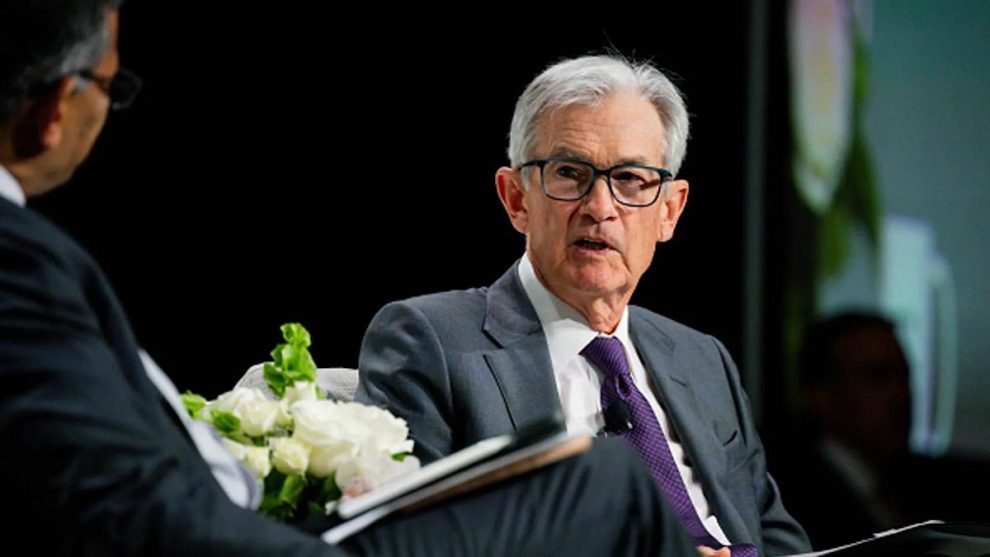This story was originally published on CFO Dive. To receive daily news and insights, subscribe to our free daily CFO Dive newsletter.
-
The Federal Reserve on Wednesday held the benchmark interest rate at a range between 4.25% and 4.5% while warning of rising risks to inflation and unemployment and increasing uncertainty in the economic outlook.
-
Policymakers, in a unanimous decision, affirmed their wait-and-see approach to monetary policy after flagging for several weeks the hard-to-predict economic impact from Trump administration tariffs and shifts in fiscal, regulatory and immigration policies.
-
“If the large increases in tariffs that have been announced are sustained, they’re likely to generate a rise in inflation, a slowdown in economic growth and an increase in unemployment,” Fed Chair Jerome Powell said during a press conference. “My gut tells me that uncertainty about the path of the economy is extremely elevated and that the downside risks have increased.”
Since Fed officials last met in March, President Donald Trump has enacted 10% tariffs against virtually every U.S. trading partner — as well as 145% duties on imports from China — and targeted levies on aluminum, steel and autos.
The build-up to Trump’s tariff barrage in early April has so far elicited mixed data. Although the economy shrank 0.3% during the first quarter, a rush by U.S. companies to front-run the tariffs accounted for much of the contraction.
The Fed’s preferred inflation gauge — the personal consumption expenditures price index minus volatile food and energy prices — fell to 2.6% in March from 3% in February while still exceeding the central bank’s 2% goal.
“The underlying inflation picture is good,” Powell said, “but there is just so much we don’t know.”
“We’re in a good position to wait and see,” he said, adding “the economy has been resilient and is doing fairly well … we don’t have to be in a hurry” to alter monetary policy.
Economists and policymakers including Powell have said tariffs will spur at least a temporary rise in price pressures, while noting that the long-term outlook for inflation hinges in large part on consumer and business expectations.
Recent surveys show that business confidence and consumer sentiment have slumped in recent months, in part over concern that tariffs will spur inflation and slow the economy, crimping job growth.
Referring to inflation expectations, Powell said, “survey respondents — including consumers, businesses and professional forecasters — point to tariffs as the driving factor beyond the next year or so.




Add Comment